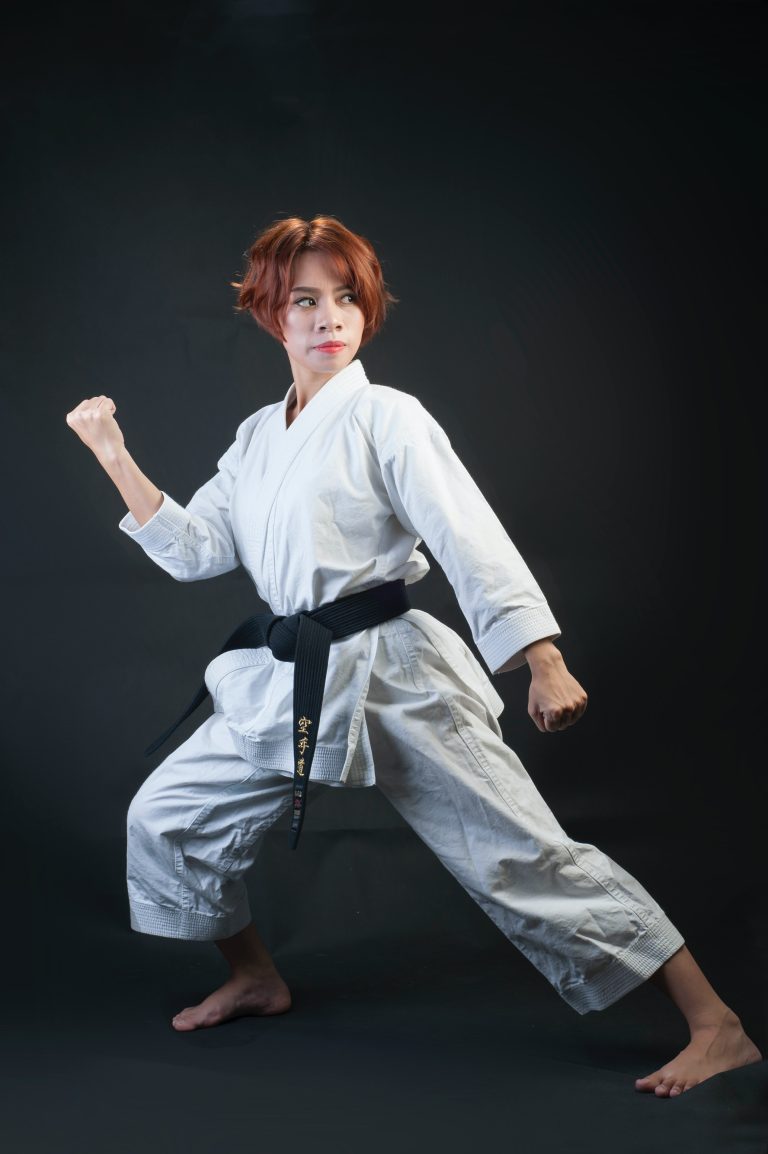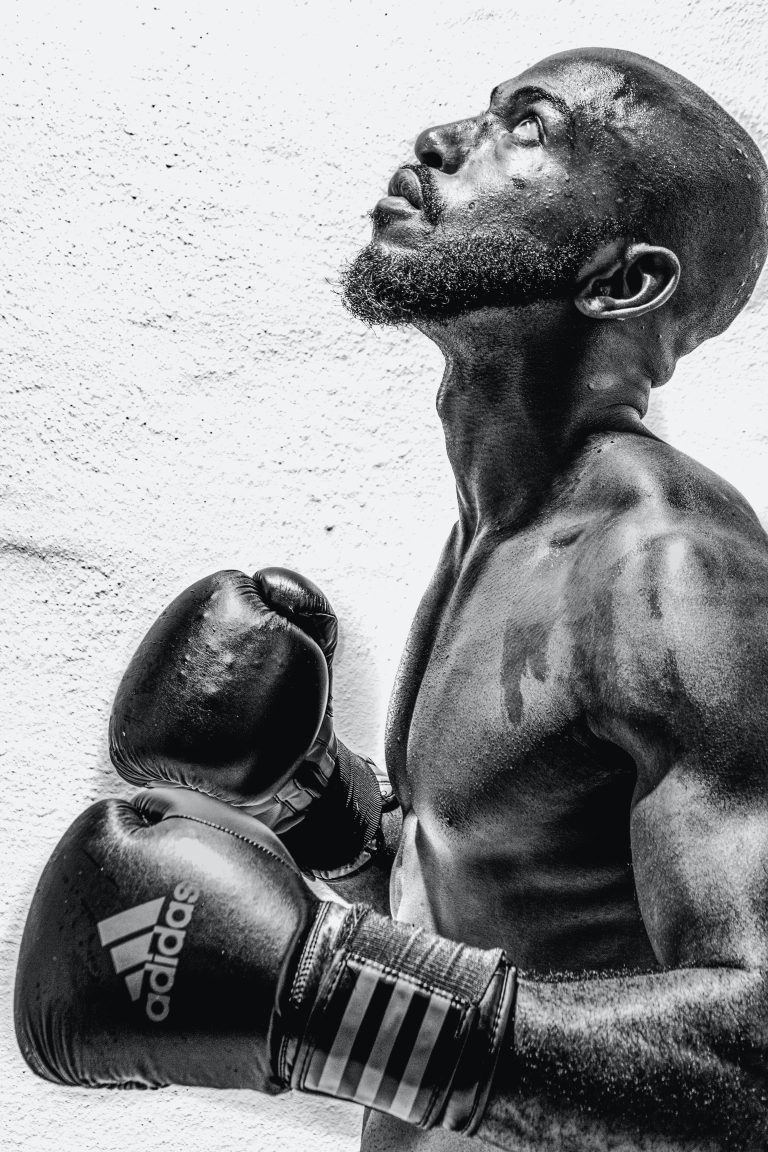How to Begin Karate – A Comprehensive Guide
Karate is a popular martial art that has its roots in Japan. It is not only a form of self-defense but also a great way to improve physical and mental health. If you are interested in beginning Karate, it is important to understand its history, the benefits it offers, and how to get started.
In this blog post, we will cover everything you need to know before starting your Karate journey. We will discuss the history and philosophy of Karate, the benefits it offers, and how to begin your training.
The History of Karate
Karate originated in Okinawa, Japan, as a form of self-defense. It was developed by the indigenous people who were not allowed to carry weapons by the ruling class. They used their fists, feet, elbows, and knees to protect themselves from attackers.
Karate was later introduced to the Japanese mainland in the early 20th century by Gichin Funakoshi, who founded the Shotokan style of Karate. The practice spread rapidly throughout Japan and then around the world.
The Philosophy of Karate
Karate is not just a physical practice; it is also a way of life. The philosophy of Karate is based on the principles of discipline, respect, and perseverance. A Karateka (practitioner of Karate) is expected to follow these principles both inside and outside the dojo (training hall).
Discipline is about following a set of rules and regulations in training, such as bowing to your sensei (instructor) and fellow students. Respect is about showing reverence and admiration for your fellow Karatekas, your sensei, and the art itself. Perseverance is about sticking to your goals, even when the going gets tough.
The Benefits of Karate
Karate offers several benefits, including physical fitness, mental strength, and self-confidence. It is an excellent cardiovascular workout that can help you lose weight, increase your stamina, and improve your overall health.
Karate also requires mental strength and focus. You need to concentrate on your movements and techniques and be fully present in the moment. This can help you develop better focus and self-awareness, both on and off the mat.
Furthermore, Karate can also help you develop self-confidence. You will learn how to defend yourself and feel safer in daily life. You will also gain a sense of accomplishment as you progress through the different levels of training.
How to Start Karate Training
To start your Karate training, the first step is to find a reputable academy or dojo in your area. Look for schools that offer beginner classes and have experienced instructors. You can also ask for recommendations from friends, family, or coworkers who may have experience with Karate.
Once you have found a school, you will need to purchase a uniform, known as a Gi. Make sure to ask your instructor about any other accessories or equipment you may need for training, such as gloves or shin guards.
During your first few classes, you will learn basic techniques, such as punches, kicks, blocks, and stances. You will also learn etiquette and respect for your fellow students and instructors. Listen carefully to your sensei and follow their instructions.
As you progress in your training, you will move up the ranks by testing for different colored belts. The belt system serves as a measure of your progress and skill level. The highest belt rank is the black belt, which requires several years of training and dedication.
Frequently Asked Questions about How to Begin Karate
Starting a new martial arts journey can be an intimidating prospect, especially if you are new to the world of martial arts. However, if you’ve decided to take up karate, some common questions might be occupying your mind. This guide aims to answer the most frequently asked questions about how to begin karate.
What is Karate?
Karate is a Japanese martial art that focuses on self-defense, physical exercise, and mental discipline. It is widely practiced throughout the world and is known for its various techniques. Karate uses blocks, strikes, kicks, and throws to overcome opponents in various ways.
What Do I Need to Begin Karate?
To begin karate, you need a few essential items. A basic karate uniform, known as a gi, is the first item you’ll need. The uniform consists of pants, a jacket, and a white belt. You can buy a karate Gi and other necessary equipment (such as sparring gear or protective equipment) from martial arts equipment stores or online.
How Do I Find a Good Karate School?
Finding the right karate school begins with research. Look online for schools and read reviews from previous students. You can also ask friends who are currently training or have trained in the past for recommendations. Tour the schools you’re considering to observe classes and to see if the school’s approach is the right fit for you.
Can Anyone Do Karate?
Certainly! Karate can be practiced by anyone regardless of age, sex or physical ability. Karate is not always about strength, and the techniques can be customized to suit your abilities. Some schools may provide specific courses for children, senior citizens, or individuals with disabilities.
What Can I Expect in a Typical Karate Class?
A typical karate class will begin with warmups to get the muscles warmed up, followed by technique practice, and then sparring. You’ll work on various techniques and receive instructions and corrections from the instructor. There is usually a cool-down period at the end of each class.
How Long Does It Take to Earn a Karate Black Belt?
Earning a black belt in karate takes different amounts of time depending on the individual and the school. On average, it can take between three to five years to earn a black belt. Consistent training, regular attendance, and the ability to master each level’s technique are critical factors.
Is Karate Dangerous?
As with any physical activity or sport, there is always some risk of injury in karate. However, proper technique, protective gear, close supervision, and adherence to safety protocols can minimize the risk of injury. It’s essential to practice karate in a controlled, supervised environment.
What Benefits Will I Get from Karate?
Karate offers several physical and mental benefits. It improves balance, coordination, flexibility, and overall fitness. It also strengthens self-discipline, confidence, and focus. Additionally, it offers self-defense skills that help in real-life situations.
How to Begin Karate: A Complete Guide for Beginners
Introduction
If you’re interested in learning karate but don’t know where to start, you’ve come to the right place. This guide will take you through every step of the way, from choosing a style to finding a dojo and starting your training. Karate is a great way to get in shape, learn self-defense, and improve your mental discipline. But it can be a daunting experience for beginners, especially if you’re not familiar with martial arts in general. So, let’s get started.
Step 1: Choosing a Style
Karate has several different styles, each with its own techniques and philosophy. The most popular styles are Shotokan, Shito-ryu, Goju-ryu, and Wado-ryu. Each style is unique, so it’s essential to do some research before choosing the one that’s right for you. Here are some questions you should ask yourself:
- What are my goals?
- What is the focus of the style?
- What are the training methods?
- What are the physical demands?
- Is there a nearby dojo that teaches the style?
Once you’ve done your research, visit a few dojos in your area and watch a class or two. This will give you a better idea of what to expect and whether the style is right for you.
Step 2: Finding a Dojo
Once you’ve chosen a style, it’s time to find a dojo. Look for a dojo that is reputable, has a good instructor, and is conveniently located. Here are some things to consider when choosing a dojo:
- Is the instructor knowledgeable and experienced?
- Does the dojo have a good reputation?
- Is the dojo clean and well-maintained?
- Are the class times and fees convenient for you?
You can find a list of dojos in your area online or by asking for recommendations from friends or family members who practice martial arts.
Step 3: Starting Your Training
Congratulations, you’ve found a dojo and are ready to start your training. Here are some things to keep in mind as you begin your karate journey:
- Be patient: Learning karate takes time and practice. Don’t expect to master all the techniques in one class.
- Be respectful: Treat your instructor and fellow students with respect. Karate is about discipline and humility.
- Be attentive: Listen carefully to your instructor and follow their instructions.
- Be open-minded: Keep an open mind and be willing to learn new techniques and approaches.
- Be consistent: Attend classes regularly and practice at home to improve your skills.
Step 4: Advancing Your Training
As you progress in your training, you will have the opportunity to advance through the ranks by earning belts. Each style has its own belt system, but most follow a similar progression from white belt (beginner) to black belt (expert). Here are some things to keep in mind as you advance:
- Set goals: Set clear goals for yourself and work hard to achieve them.
- Practice regularly: Consistent practice is essential to improve your skills and advance to the next level.
- Seek feedback: Ask your instructor for feedback on your techniques and areas for improvement.
- Stay motivated: Stay motivated by attending classes regularly, participating in tournaments, and training with other students.
Conclusion
Karate is a rewarding and challenging martial art that offers numerous physical and mental benefits. Starting your karate journey can be intimidating, but by following these steps, you can make the process more manageable. Remember to choose a style that suits your goals, find a reputable dojo, have patience and respect, and stay committed to your training. By doing so, you’ll be well on your way to becoming a skilled karate practitioner.
Inhaltsverzeichnis




